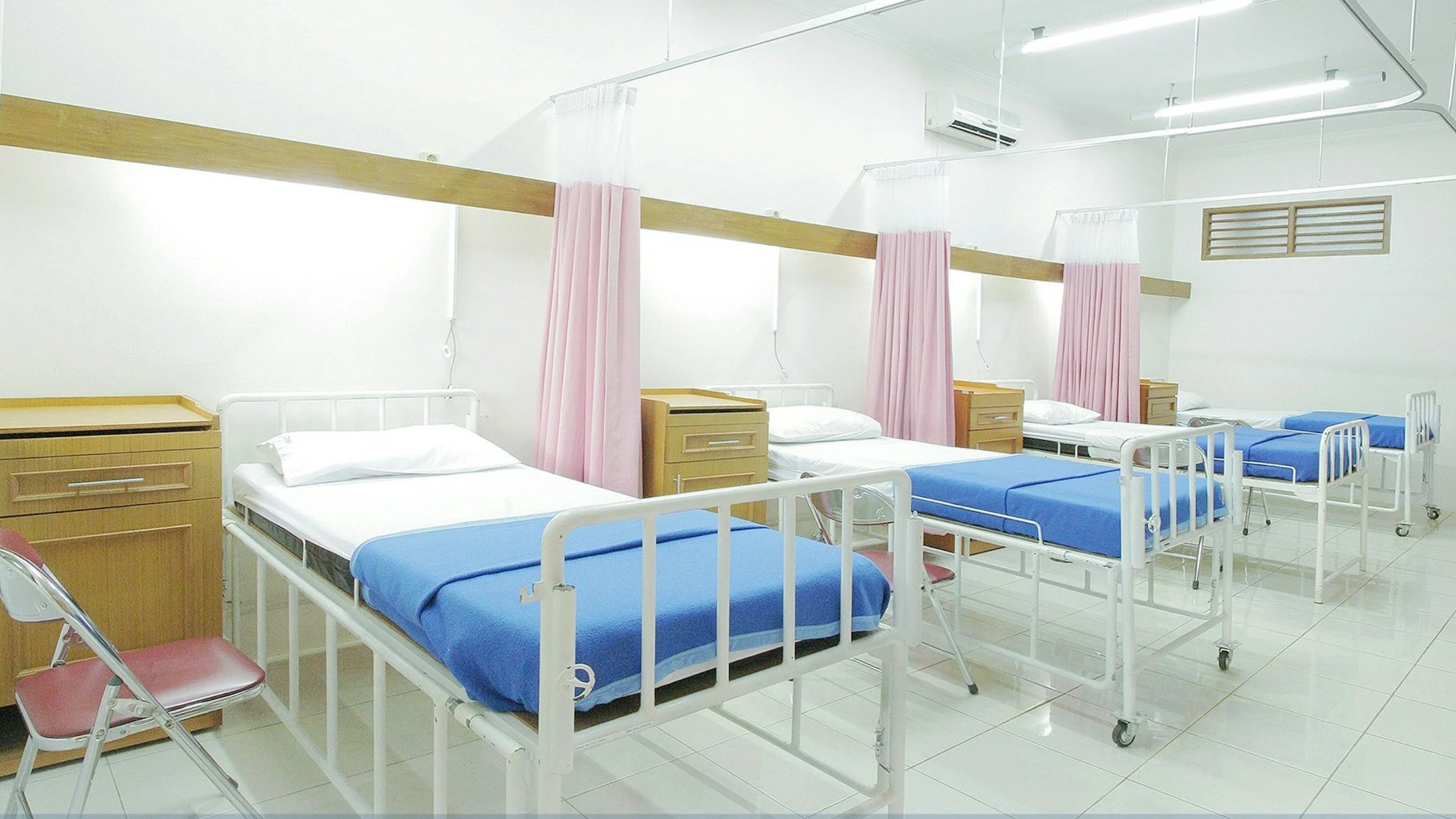Not a Place Like Home: Shining a Light on the Rise in Emergency Admissions for Autistic Children
Since 2019, emergency hospital admissions for autistic children have risen by a staggering 86%. Behind every statistic is a family in crisis – and too often, that crisis could have been prevented with the right community support in place.
Not a Place Like Home is PSG’s campaign to raise awareness of this urgent issue and call for change. Autistic children often need specialist care and understanding, yet families are too often forced to seek help in hospital settings during moments of crisis.
This is rarely because it is the best place for the child and more often because no suitable community-based support is available. Hospitals can be overwhelming, distressing, and ill-suited to the sensory and emotional needs of autistic children, turning what should be a place of healing into an additional source of stress.
Our key focus has therefore been to brings together the voices of families who have experienced this first-hand, alongside insights from professionals on the front line of autism support to make sure their voices are heard. Together, these accounts highlight the human cost of a system that too often reacts late, rather than stepping in early to prevent crisis.
PSG is calling for urgent investment in local services that can provide help before situations escalate – services that offer personalised, ongoing support in environments where children feel safe and understood. Strengthening community support networks means families have somewhere to turn long before hospital becomes the only option.
By sharing lived experiences and advocating for change, we want to ensure that autistic children and their families receive the right support, in the right place, at the right time.
Community-based care isn’t just a preferable alternative to hospital admission – it’s a lifeline that protects wellbeing, dignity, and the right to thrive close to home.
What Community Support Could Look Like
Early intervention teams – professionals who can respond quickly when a child or family shows signs of distress, preventing escalation.
Specialist autism outreach services – offering tailored strategies and guidance in the child’s home, school, or community settings.
Crisis prevention planning – creating personalised support plans that identify triggers and outline calming, safe responses.
Respite and short-break services – giving families regular opportunities to rest and recharge.
Peer support networks – connecting families with others who understand their experiences, reducing isolation and stress.
Investing in these types of community-based services ensures families have the right help at the right time – long before hospital becomes the only option.

